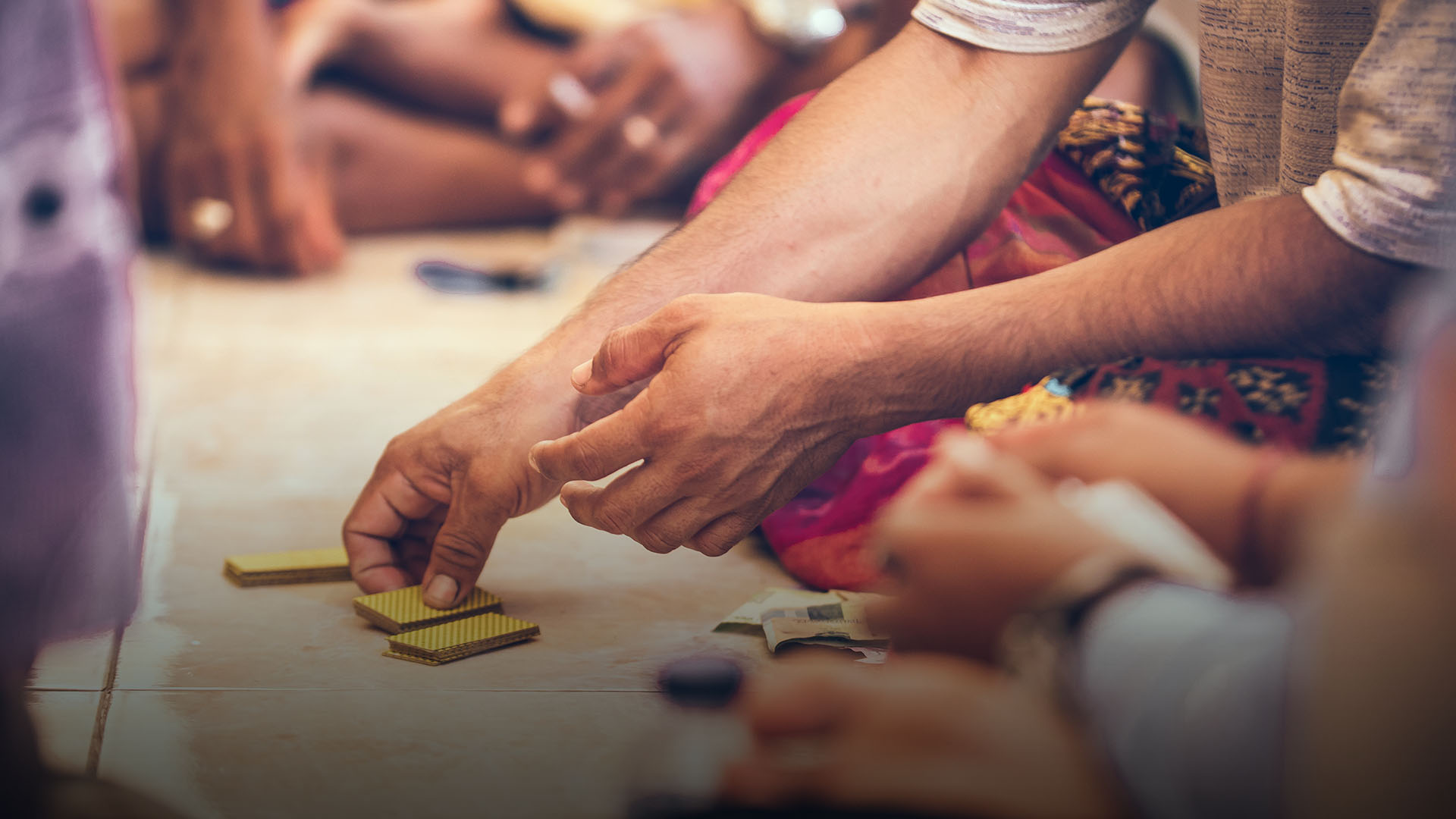One woman felt that lottery tickets offered hope that life had denied her until members of the church helped her find peace in better sources.
As soon as someone mentions “addiction,” most people automatically think of drugs or alcohol. Those two substances, however, only represent a fraction of potential addictions that can entangle people.
In their article How the Brain Gets Addicted to Gambling, Scientific American noted, “Various surveys have determined that around two million people in the U.S. are addicted to gambling, and for as many as 20 million citizens the habit seriously interferes with work and social life.”
Doctors and neuroscientists are finding that gambling, in addition to many drugs, rewires our neural circuits that oversee impulse control.
Many medical professionals now believe that some people struggle more with addiction than others thanks to genetic predispositions.
While that does help lift some of the social stigma and condemnation that has often hit those sensitive to addictive substances or behavior, it unfortunately doesn’t offer them much hope of escaping destructive patterns.
The Lure of the Lottery
Vangie is a single mother raising six children. That would be a tough break in any country, but in the Philippines, where education for most young women isn’t prioritized, being abandoned by your husband can leave you in debilitating straits.
To make ends meet, Vangie works as a laundress.
This work doesn’t particularly pay well, but it isn’t as if she has many options. Even if she somehow rustled up the money to go back to school for a degree, she couldn’t leave the children untended.
She only started gambling to try to augment her tiny income. The Small Town Lottery and the idea of winning enough to feed her children well was like a golden dream.
Then she lost money that she couldn’t afford to lose, and that frightened her.
Still the lottery pulled her back again and again. She’d only put a little in the pot. A little more. One or two more tickets. When the kind people from World Challenge’s partners in the area began to visit, she admitted that she was struggling because of gambling. They offered to pray with her and encouraged her to not rely on the chance of wealth for hope.
The lottery would only fail her, again and again.
As they continued to visit her, Vangie began to pray more and regularly. With her new friends’ encouragement, she began to pause each day and deliberately put her trust in God and his will for her small family.
She remembered the Bible’s promises, and her friends helped her remember when God’s Word seemed distant and vague.
Because God truly loves her and her children, he will deliver.
Now she has not gone to the lottery for over four months. Their income is tight, but God has proven himself faithful, providing for her family’s needs each and every time they rise up.
The Power of Real Community
The numbers of Christians with behavior addictions like gambling are often not much lower than for non-religious folks.
This forces us to confront an uncomfortable realization: the church has traditionally failed to teach those with addictive tendencies how to guard themselves and not helped those already embroiled with full blown addictions.
Nate Larkins pointed out the root of this failure in a Gary Wilkerson podcast episode on addictions. “I didn't trust the church because I had seen us, in practical ways, ignoring our own rhetoric about grace.
“We always sang amazing grace in the churches where I was growing up. Our theology said that when you sinned, you fell out of grace. God was the God of second chance, but you had to comeback, and you had to repent and truly repent, and then you could get grace again. Which meant basically, that you had all the grace you needed unless you needed it.”
Larkins wrestled with a pornography addiction and found very little help from churches until he and his wife stumbled upon a pastor openly admitted to current struggles with porn and other destructive sins.
There, he worked to form The Samson Society, a group of men who help one another walk with accountability and build true friendships.
In that space of genuine relationships, accountability and grace, people remind one another of our heavenly Father’s assurances of love and continuing sanctification. With God’s promises ever before their eyes and friends on either side, they find freedom.
